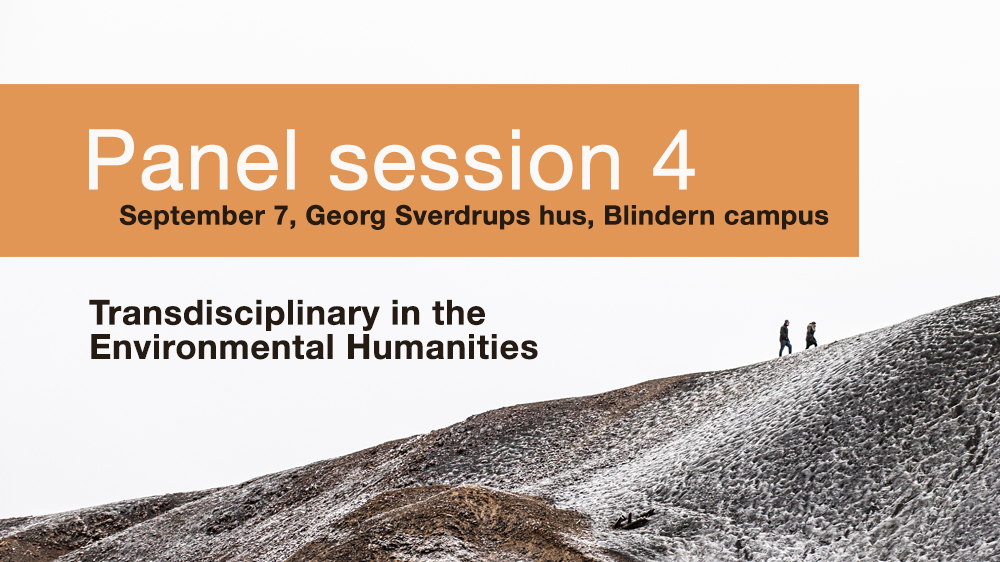Abstract
In this panel we will be addressing humans (from individuals to societies) as ecological actors and non-humans as historical agents, to promote an integrated knowledge on ocean systems. We acknowledge both the ecological and material foundations of societies, forms of biological and cultural coexistence, and the interdependence of people and the non-human world. We address long-term aspects of these interactions in the aquatic realm, specifically in the shores and oceans of the world, through the lens of the arts and the humanities, aiming at pluralizing and un-disciplining the established paradigms of marine science and conservation. We expect this to be a way of contributing to the global, trans-chronological and cross-cultural understanding and manifestations about the oceans.
Our geographical scope ranges from the coastal waters of Portugal, the North Sea and the Norwegian Sea, to the coastal and pelagic waters of the South Atlantic into the Amazon River and basin. Inter-and transdisciplinary frameworks are essential, as well as the collaborative efforts between academic and civil society and different knowledge-holders, to promote ocean literacy and to guarantee the safeguarding of cultural and natural heritages. Different and creative solutions for the dissemination of scientific results and public engagement, such as digital platforms or museum exhibitions, will be presented. Building networks based on these premises is also a way forward to push the boundaries of knowledge and to use all the possibilities of the arts and humanities 4 the ocean.
The panel will be chaired by Cristina Brito & Nina Vieira, and is part of the symposium on “Transdisciplinary in the Environmental Humanities”.
Papers
- Nina Vieira, NOVA University of Lisbon, Joana Baço, NOVA University of Lisbon, Patrícia Carvalho, NOVA University of Lisbon, Ana Catarina Garcia, NOVA University of Lisbon, & Anne Karin Hufthamer, University of Bergen, "Crossing animal history and whaling heritage between Portugal and Norway"
- Graham Huggan & Sophia Nicolov, School of English, University of Leeds, "Charismatic Encounters: Understanding the role of whales and other cetaceans in Yorkshire’s coastal heritage"
- Carla Vieira, NOVA University of Lisbon, & Nina Vieira, NOVA University of Lisbon, "A digital roadmap for investigating oceanic commodities: The case of Aaron Lopez's whaling trade in the 18th-century"
- Cristina Brito, NOVA University of Lisbon, Juciene Ricarte Apolinário (PPGH-UFCG) & José Romildo Potiguara (Organização dos Professores Indígenas Potiguara), "Multiple entities within a marine animal: Living beings and remains, conceptualizations and ethno-environmental relationships"
About the Symposium
As the Norwegian Researcher School in Environmental Humanities (NoRS-EH) starts its 5th year, the Oslo School of Environmental Humanities (OSEH) is organizing a symposium on “Transdisciplinary in the Environmental Humanities” on 6 and 7 September 2023 to highlight and celebrate the innovative environmental humanities research happening in Norway and neighboring Scandinavian countries, especially by early career researchers. Read more about the programme for the symposium here.
